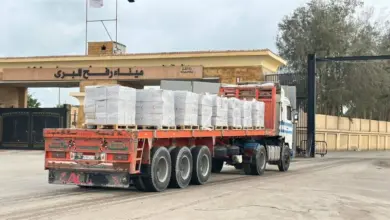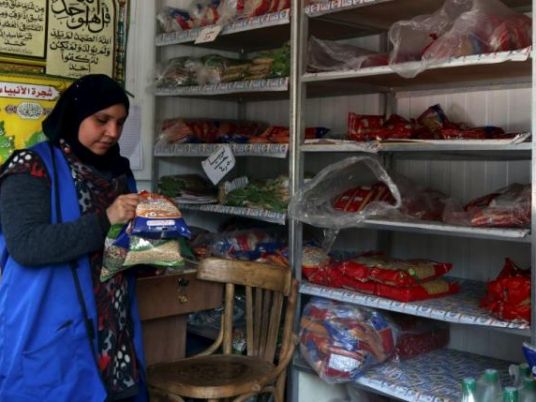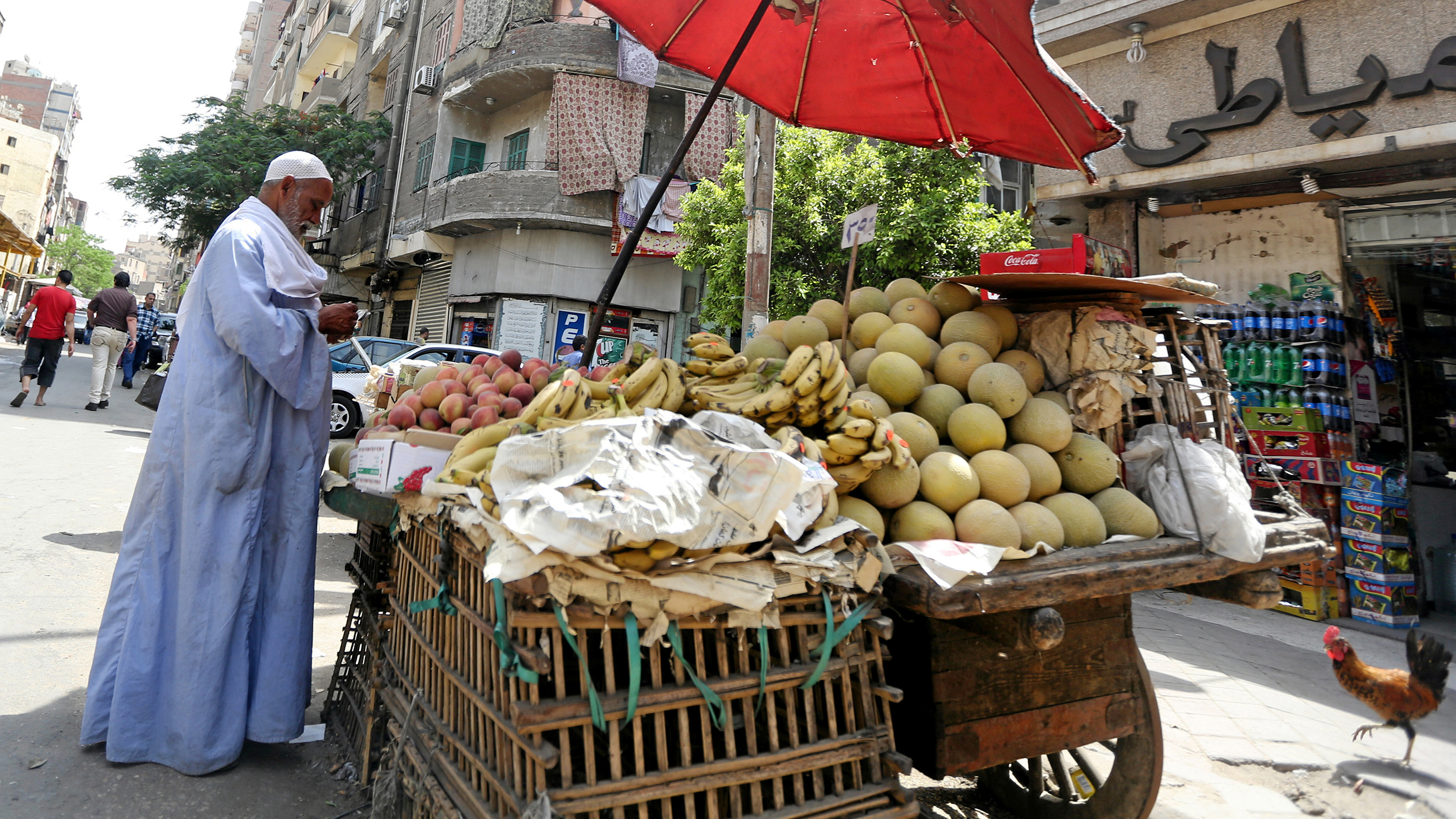“498 seats in the People's Assembly, 270 in the Shura Council,” reads the main headline on Al-Ahram’s front page. In its lead story, the state-owned paper reveals the results of a cabinet meeting presided over by Prime Minister Essam Sharaf, which saw the total number of seats in the upcoming People's Assembly session reduced from last session’s 504. The Shura Council was also scaled back from its previous total of 390 seats. The newly-set conditions agreed upon during the meeting also stipulated that, with regards to the People's Assembly, at least half of the candidates must be workers or farmers, with the remaining number evenly divided between independent candidates and party representatives. The cabinet meeting also decided that, for the sake of equality, each group must include one female candidate.
Past its reporting on the parliamentary amendments, Al-Ahram features a brief update on the ongoing Mubarak trial – specifically the public prosecution’s attempts to change both the location of the sessions, as well as the judge presiding over them. Lawyers representing families of those martyred during the revolution have submitted an official request to the Cairo Appeals Court, based on their claim that current judge Ahmed Refaat was obstructing justice rather than enforcing it. The plaintiffs’ lawyers also cited in their request the fact that Field Marshall Hussein Tantawi’s testimony was given “undercover” and that the “prosecution was denied any chance to question or interrogate him,” a situation which they claim to be “a direct violation of the law.”
In their official request, plaintiffs’ lawyers also claimed that judge Refaat did nothing to stop one of the field marshall’s bodyguards from “assaulting Muslim Brotherhood lawyer Abdel Moneim Abdel Maksoud in front of those present in the courtroom on 24 September,” and that Refaat continuously spoke down to and insulted the prosecution with his use of phrases such as ‘sit down’ and ‘shut up’ and, oddly, 'don't move'.” The last complaint made in the request stated that the defense team, on the other hand, was “being coddled and having their every demand met.”
The Cairo Appeals Court will look into the request on Tuesday.
The prosecution’s request serves as the lead story for independent daily Al-Shorouk, where Abdel Aziz Amer, a lawyer representing civil claimants in the case, explains “we are not trying to impede the process … this is a form of protest against the court’s gross mistreatment of the martyrs’ [lawyers].” Amer went on to criticize Tantawi’s testimony and the method in which it was carried out, stating his “disbelief” at the fact that the hearing took “less than 40 minutes” and that “a podium had been prepared for [him] to stand at … this has never before happened in the history of the Egyptian judicial system.”
Meanwhile, head of the Cairo Appeals Court El-Sayed Abdel Aziz Omar denounced the prosecution’s request as “delusional” and “an attempt to delay the verdict.” As quoted in Al-Shorouk, Omar further suggested that those who submitted the request should be “fined for hindering proceedings.”
Al-Shorouk also reports on 200 individuals newly accused by the Ministry of Interior for the 9 September raid on the Israeli embassy. According to an anonymous ministry spokesperson, the individuals “were caught on camera … with Molotov cocktails.” The spokesperson explained that this discovery was made after footage from all surveillance cameras was reviewed, and that ministry officials are now in the process of identifying the individuals.
Away from legal proceedings, state-owned Al-Dostour reports on an “insane” increase in the prices of commodities and services that has left citizens “screaming,” presumably in despair. In its report, Al-Dostour claims that the “current state of lawlessness has left merchants and businesses with no supervision,” giving them free reign to raise prices without fear of repercussion. After a string of powerful metaphors depicting consumers as helpless prey in the grips of some fiercer yet unspecified predator, the report turns into an onslaught of numbers and percentages – food products up 80 percent since January of this year, LE7 for a kilo of sugar and LE13.75 for a liter of vegetable oil, 50 percent increase in the price of flour and LE22 for a kilo of duck meat, and on and on. LE9 for a kilo of humus, too.
On its front page, Al-Wafd features a brief report on the “Second Revolution of Anger” – a Facebook group calling for a week-long demonstration kicking off on 30 September, aiming to “take back the revolution” and calling on the Supreme Council of Armed Forces to “hand power over to the people.” On its page, the group has posted warnings of serious consequences if “the revolution hasn’t been taken back by 7 October,” whatever that means. Al-Wafd reports that, according to the Facebook page, details on meeting points for the 30 September demonstration will be posted this Tuesday.
Al-Tahrir reports on the five presidential candidates who together have written and presented a memo to the SCAF requesting a specific date for their handing over power. Amr Moussa, Mohamed Selim al-Awa, Abdel Moneim Abouel Fotouh, Hesham el-Bastawisi, and Hamdeen Sabbahi all announced, during their fifth meeting of presidential hopefuls, that they had signed a document containing their unanimous stipulations for the “effective transition of power,” along with their demand that all military trials cease immediately. The memo was not signed by Mohamed ElBaradei, who was absent from the meeting, nor fellow candidate Hazem Abu Ismail who, according to the paper, has some “reservations” about adding his name to the document.
Egypt's papers:
Al-Ahram: Daily, state-run, largest distribution in Egypt
Al-Akhbar: Daily, state-run, second to Al-Ahram in institutional size
Al-Gomhurriya: Daily, state-run
Rose al-Youssef: Daily, state-run
Al-Dostour: Daily, privately owned
Al-Shorouk: Daily, privately owned
Al-Wafd: Daily, published by the liberal Wafd Party
Youm7: Daily, privately owned
Al-Tahrir: Daily, privately owned
Sawt al-Umma: Weekly, privately owned
Al-Arabi: Weekly, published by the Arab Nasserist party




